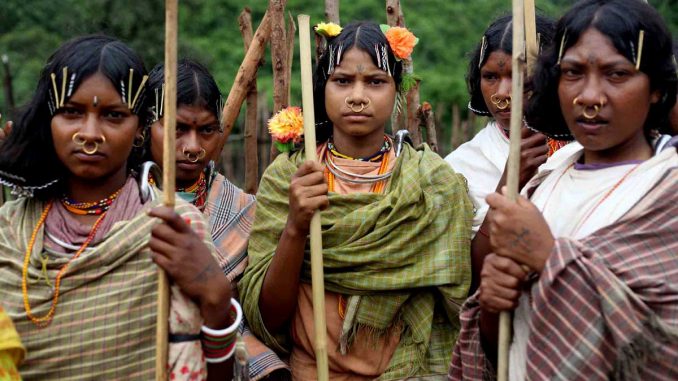
By Sudhirendar Sharma
Following the 1857 mutiny, 237 castes and tribes were given criminal-by-birth tag under the ambit of the Criminal Tribes Act, 1931. After Independence, the Indian government replaced this Act with the Habitual Offenders Act, 1952. But far from easing their lives, the new Act only re-stigmatised the marginalised tribes
Over the last few months, there has been a lot of discussion and debate in India on the fate of the Rohingyas of Myanmar, who are facing State oppression. The NDA government at the Centre has argued that it wants to send the members of this community back to Myanmar because it wants to protect the fundamental rights of Indian citizens. Human rights activists opposed this view, saying that the law is clear on the issue: India cannot deport the Rohingyas.
While we discuss the fate of the Rohingyas, let’s not forget the plight of certain tribes in this country who have been facing persecution since British times. Even under the Indian government, they are oppressed and have never been granted fundamental rights.
Following the 1857 mutiny, 237 castes and tribes were given the criminal-by-birth tag under the ambit of the Criminal Tribes Act, 1931. After Independence, the Indian government replaced this Act with the Habitual Offenders Act, 1952. But far from improving their lives, the new Act only re-stigmatised the marginalised tribes.
Today several variants of ‘criminal’ tribes such as the Pardhis, Kanjars, Ramoshis, and Vanjaris continue to remain outside the reach of affirmative State action. Stripped of their fundamental right to justice, equality, and freedom, these tribes live in fear of the authorities. They are often subjected to headcounts on account of their being considered habitual offenders by the State. Quite often, the members of such tribes become easy replacements for criminals whom the police fail to apprehend.
India is perhaps the only country that continues with this Orientalist notion of tagging tribes as hereditary criminals. The Centre has constituted a National Commission for Denotified, Nomadic and Semi-Nomadic Tribes (NCDNT) to specify the economic interventions required for raising their living standards through asset creation and self-employment opportunities. The panel is expected to submit its final report in 2018.
The National Human Rights Commission has recommended the repeal of the Habitual Offenders Act, 1952. In March 2007, the UN’s Committee on the Elimination of Racial Discrimination said: “The so-called de-notified and nomadic people which are listed for their alleged ‘criminal tendencies’ under the former Criminal Tribes Act (1871), continue to be stigmatised under the Habitual Offenders…,” and asked India to repeal the Habitual Offenders Act and rehabilitate the de-notified and nomadic tribes.
Sadly, there has been no movement on the issue. Since protecting fundamental rights is a moral obligation of the State, classifying all members of a tribe, including the newborn, as criminals is out of consonance with all principles of democracy and justice.
Sudhirendar Sharma is development researcher with the Delhi-based think tank The Ecological Foundation. The views expressed are personal.
Source: Hindustan Times

Leave a Reply